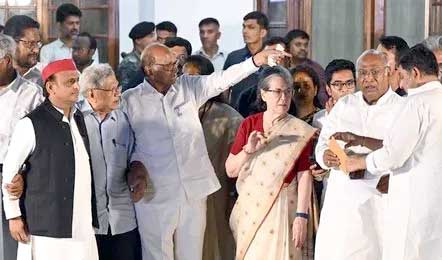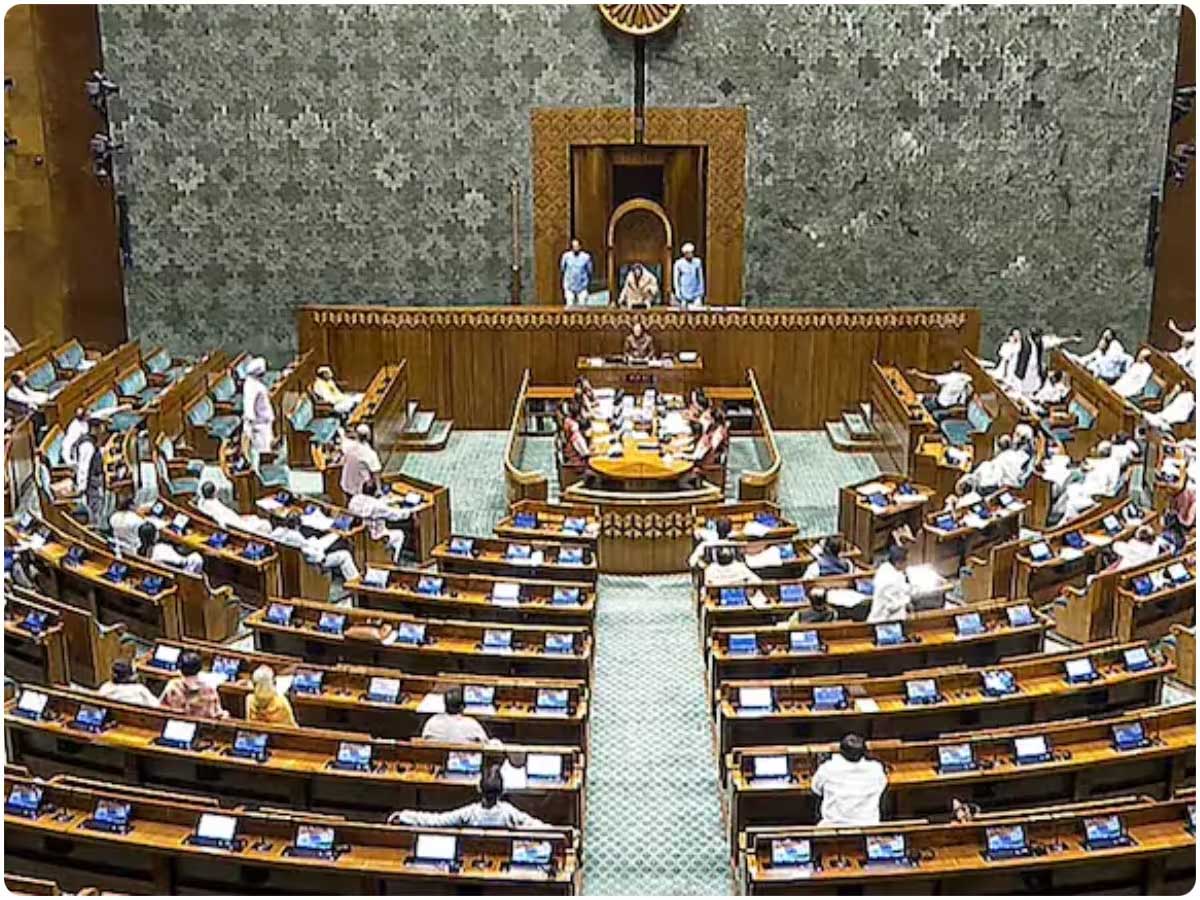New Delhi, August 8, 2024 The Union government is poised to introduce two significant bills related to the Waqf Board in the Lok Sabha today. The proposed legislation, aimed at amending the Waqf Act of 1995, has already sparked considerable controversy, with the Samajwadi Party (SP) and the Congress Party vowing to protest against the bills.
Overview of the Waqf Board Proposed Bills
The two bills, collectively referred to as the Waqf (Amendment) Bill, 2024, seek to bring substantial changes to the existing Waqf Act. The primary objectives of the amendments include renaming the Waqf Act, 1995, as the Unified Waqf Management, Empowerment, Efficiency, and Development Act, 1995. Additionally, the bills aim to address issues related to the powers of the State Waqf Boards, the registration and survey of Waqf properties, and the removal of encroachments.
One of the key provisions of the proposed amendments is the broadening of the composition of the Central Waqf Council and the State Waqf Boards to ensure the representation of Muslim women and non-Muslims in these bodies. This move is intended to promote inclusivity and transparency in the management of Waqf properties.

Government’s Rationale
Minority Affairs Minister Kiren Rijiju, who is set to introduce the bills, has emphasized the need for these amendments to streamline the functioning of the Waqf Boards and enhance their efficiency. According to Rijiju, the current Waqf Act has several shortcomings that hinder the effective management of Waqf properties and the protection of their interests.
“The proposed amendments will empower the Waqf Boards to function more effectively and transparently. It will also ensure that the benefits of Waqf properties reach the intended beneficiaries, particularly the marginalized sections of the Muslim community,” Rijiju stated in a recent press briefing.
Opposition’s Concerns
Despite the government’s assurances, the proposed bills have faced strong opposition from various political parties, including the SP and the Congress. The opposition parties have raised concerns about the lack of consultation with Muslim organizations and stakeholders before drafting the amendments. They argue that the bills are being introduced hastily without adequate scrutiny and debate.
Congress MP Hibi Eden has given notice in the Lok Sabha to oppose the Waqf Act Amendment Bill. The Indian Union Muslim League (IUML) has also vowed to oppose the bills vehemently. “We will surely oppose it vehemently. I think everybody is united in this. I feel that some of them who are giving support to the government may also join us in this protest. The issue is very serious; they are capturing the entire rights of the board and handing it over to the government,” stated IUML MP ET Muhammed Basheer.
Call for Parliamentary Scrutiny
The opposition parties have demanded that the bills be sent to Parliament’s standing committee for thorough evaluation and scrutiny. Congress MP Kodikunnil Suresh criticized the government’s approach, stating, “This is a hasty decision. The government is introducing the bill without any discussion with the concerned Muslim organizations and stakeholders, just for political gain or polarization in the upcoming elections. We demanded that this bill be sent to the Standing Committee for evaluation or thorough verification. The entire opposition is strongly opposed to this bill.
However, the government has yet to decide whether to send the bills for parliamentary scrutiny. Rijiju has indicated that the government will take a call on this matter, but the department-related standing committees of the Lok Sabha are yet to be constituted. In the absence of these committees, the House may form a separate panel to scrutinize the bills if the government decides to take such a course of action.
Potential Impact on Waqf Properties
The proposed amendments have significant implications for the management and administration of Waqf properties across the country. The Waqf Boards are responsible for overseeing the administration of properties donated for religious or charitable purposes by Muslims. These properties, known as Waqf properties, include mosques, dargahs, graveyards, and other religious and charitable institutions.
The amendments aim to address issues related to the encroachment of Waqf properties, which has been a longstanding problem. By empowering the Waqf Boards with greater authority and resources, the government hopes to protect these properties from illegal encroachments and ensure their proper utilization for the benefit of the community.
Broader Political Implications
The introduction of the Waqf (Amendment) Bill, 2024, comes at a time when the political climate in India is highly charged, with several states gearing up for assembly elections. The opposition parties have accused the government of using the bills as a diversionary tactic to shift focus from other pressing issues and to polarize voters along religious lines.
The SP and Congress have announced plans to stage protests both inside and outside Parliament to oppose the bills. They have also called for a united front among opposition parties to resist what they perceive as an attempt by the government to undermine the autonomy of the Waqf Boards and centralize control over Waqf properties.
Conclusion
As the Union government prepares to introduce the Waqf (Amendment) Bill, 2024, in the Lok Sabha, the stage is set for a heated debate and potential showdown between the ruling party and the opposition. The outcome of this legislative battle will have far-reaching implications for the management of Waqf properties and the broader political landscape in India.
The proposed amendments aim to bring about significant changes to the existing Waqf Act, with the government emphasizing the need for greater efficiency and transparency. However, the opposition’s concerns about the lack of consultation and the potential impact on the autonomy of the Waqf Boards cannot be ignored.
As the debate unfolds, it remains to be seen whether the government will heed the opposition’s call for parliamentary scrutiny or push ahead with the bills in their current form. One thing is certain: the introduction of these bills has reignited the debate over the management of Waqf properties and the role of the state in regulating religious and charitable institutions.
For More News updates, Follow Read Now News
